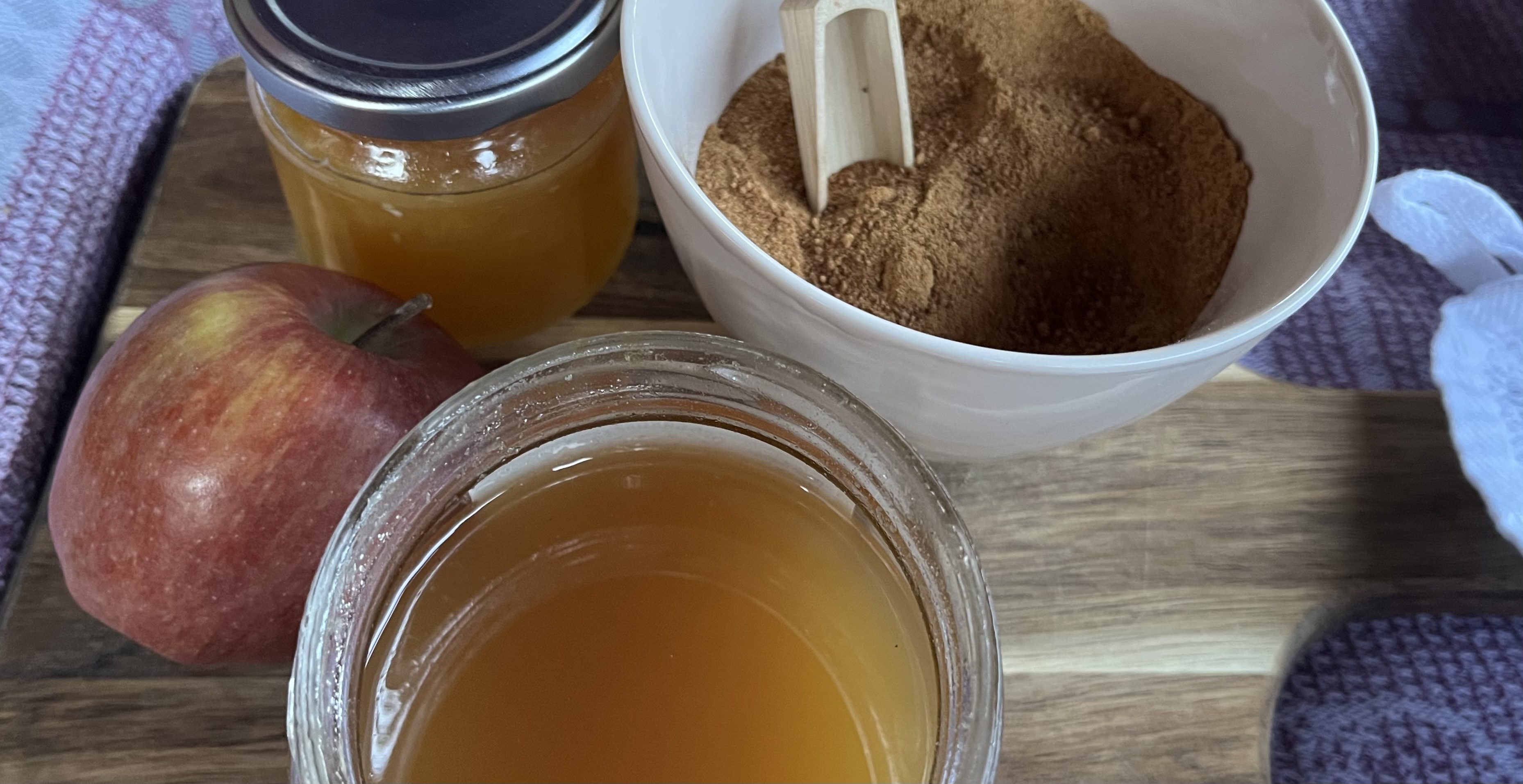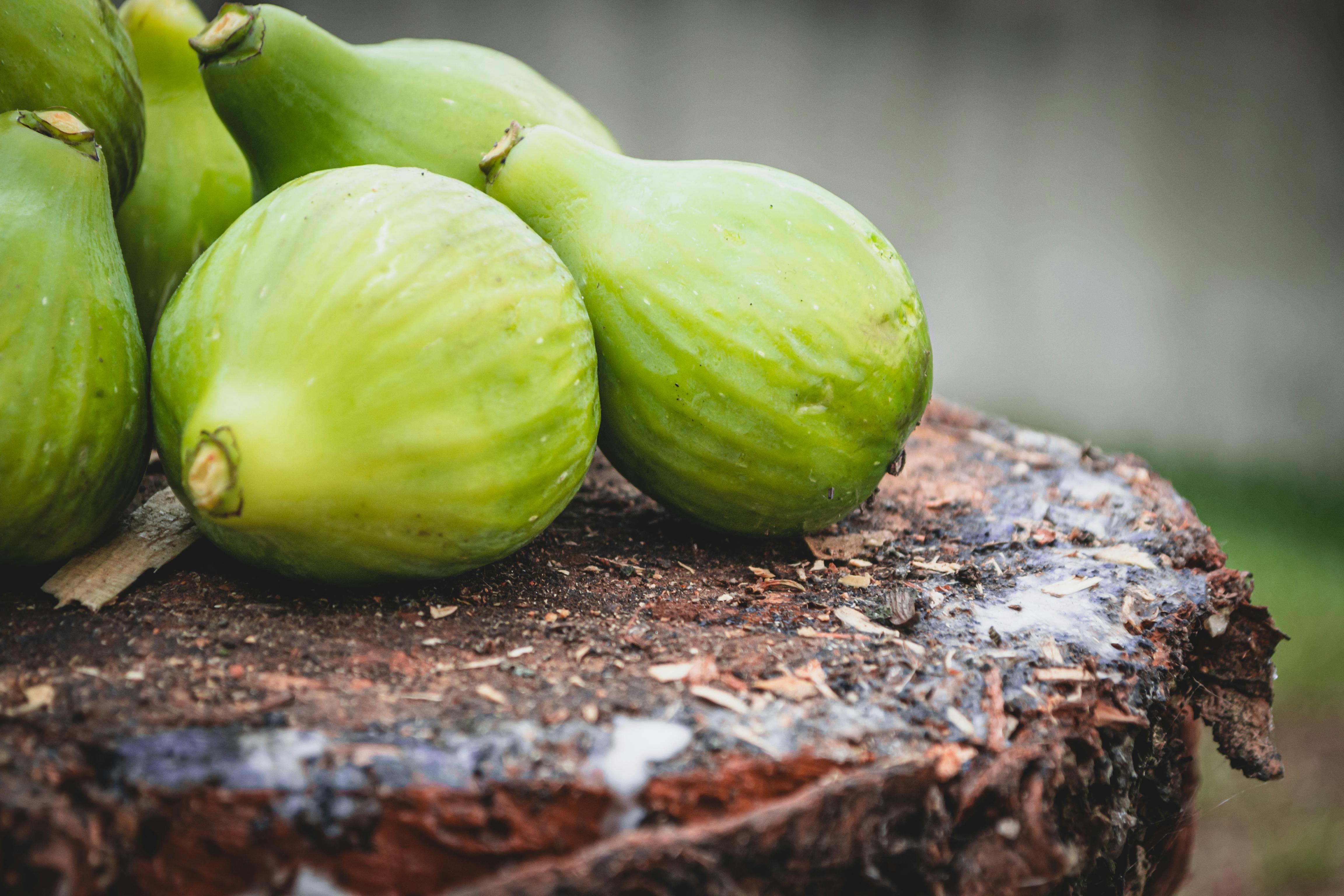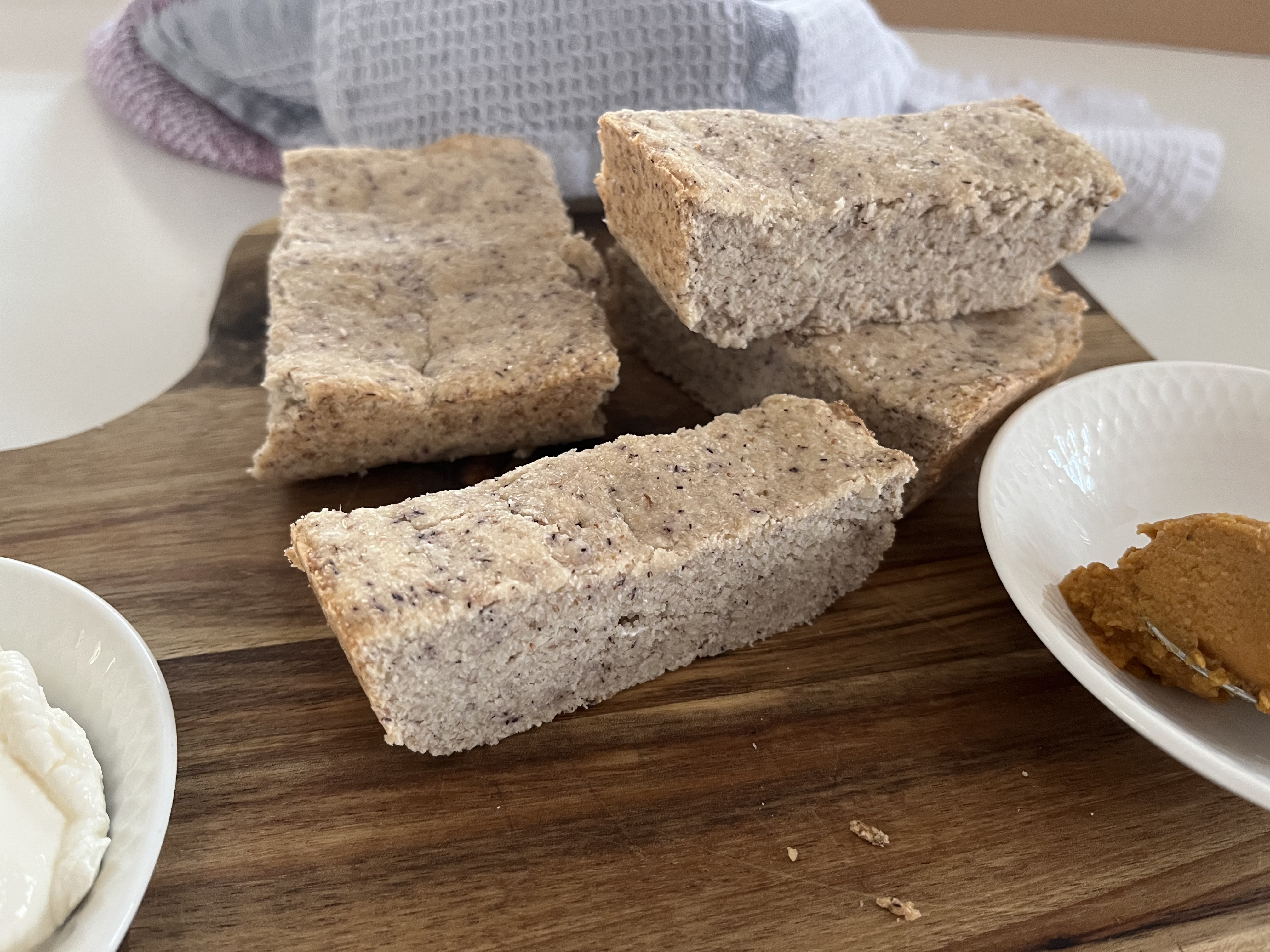 |
Nature’s Dessert Cookbook: Healthy, Delicious & Naturally Sweet Recipes Don’t want or can’t tolerate sugar alcohols and artificial sweeteners? This cookbook is for you! Every dessert is naturally sweetened with whole ingredients rich in fiber and protein, slowing sugar absorption and making them diabetic-friendly. It gathers your favorite recipes from the website—plus brand-new ones—all in one convenient place. Indulge in truly natural treats without compromise! |
 |
Diabetic Baked Goods: Everyday Bakes for Every Meal Diabetic cookbook designed to make healthy baking simple, accessible, and enjoyable. This collection of low-carb, high-fiber, and protein-rich recipes provides a reliable solution for those looking to enjoy diabetic bread and baked goods without blood sugar spikes. Every recipe includes a video tutorial, making it even easier to follow along and bake with confidence! |
 |
What Makes This Cookbook Different?
|
Best Sugar Substitute: A Guide to Sweetening Options

As a mom with a diabetic child, I understand the challenges of finding the best sugar substitute for our favorite desserts. It’s important to create delicious treats without compromising on health. Through research and personal experience, I’ve discovered a variety of sweeteners that can be safely used in diabetic-friendly desserts. Here’s a comprehensive yet approachable guide to help you sweeten your creations naturally based on our experience.
Please keep in mind that what works for one person may not work for another; some people enjoy the taste of a certain sweetener and tolerate it well, while others may not. Additionally, it's important to monitor how each ingredient affects blood sugar levels and whether it contributes to overall health because diabetic-friendly dessert is not only about choosing a best sugar substitute.
1. Alcohol Sugars
Xylitol (Birch Sugar)
Xylitol is a versatile sweetener that I frequently mix with others due to its neutral taste. It's easily incorporated into most desserts, providing a delightful sweetness with fewer calories than refined sugar. In the EU, the recommended daily dosage is up to 50g, as it can cause digestive discomfort when consumed in excess. Thankfully, this quantity is generous enough to allow for plenty of culinary creativity. Xylitol blends well with other sweeteners, making it a reliable choice for a variety of desserts. More...
Erythritol
I use erythritol sparingly and in small amounts, mainly in recipes that require multiple components and a larger amount of sweetener. Although it has no calories and presents certain benefits, more research is needed to fully understand its health effects. Erythritol has a unique "cooling" taste, which doesn't quite align with our family’s preferences, so I use it carefully to ensure it doesn't dominate the flavor of our desserts. More...
2. Coconut Flower Sugar/Coconut Palm Sugar/Coconut Sugar
Coconut flower sugar is my go-to for its wonderful caramel-like flavor. While it has a lower glycemic index compared to refined sugar, it still impacts blood sugar levels and has a similar calorie content. Therefore, I tend to combine it with other sweeteners to keep our desserts diabetic-friendly. Its rich flavor elevates a variety of treats, making even a small amount an excellent addition to any recipe. More...
3. Stevia
Stevia, derived from the stevia plant, is a sweetener I use in moderation. It's a great supplement to enhance sweetness without adding calories or significantly impacting blood sugar levels. By using stevia in conjunction with other sweeteners, I can ensure our desserts are both tasty and health-conscious. The key is to use it sparingly to prevent it from overpowering the dessert's natural flavors. More...
4. Other Natural Sweeteners
Fruit and Fruit Preserves
Fruits and fruit preserves without added sugars are fantastic natural sweeteners. They are not only healthy but also incredibly flavorful. Many fruits, from berries to apples, lend themselves beautifully to desserts, providing sweetness and nutritional benefits. Through experimentation, I’ve found numerous ways to incorporate fruits into our treats, achieving both taste and healthfulness. More...
Honey
While honey does have a wonderful flavor and some nutritional benefits, I use it sparingly due to its impact on blood sugar levels. When I do use honey, I combine it with other carefully chosen ingredients to mitigate its effect on blood sugar. Its rich taste and versatility make it too delightful to completely exclude from our dessert repertoire. More...
Dates
In this article, we’ll delve into the relationship between dates and diabetes, how they impact blood sugar levels, and why they can be a valuable addition to diabetic-friendly desserts when consumed in moderation. Whether you’re a seasoned baker or just starting to experiment with healthier dessert options, you’ll find inspiration and practical tips for incorporating dates into your creations without compromising on taste or health. More...
Maple Syrup
Renowned for its distinct flavor and rich amber color, maple syrup is also packed with essential nutrients, making it an appealing choice for health-conscious consumers. Recent studies have begun to explore its potential benefits, particularly in the context of diabetes management. While traditional sweeteners can cause spikes in blood sugar levels, maple syrup contains a lower glycemic index and offers beneficial antioxidants. This article delves into the nutritional values of maple syrup, its role as a natural sweetener in various culinary applications, and its suitability for desserts, particularly for those managing diabetes. Through careful consideration and moderation, maple syrup can be a flavorful and healthier addition to a balanced diet. More...
Agave Nectar
Agave nectar is often seen as healthier alternatives to refined sugar, but it's important to be caution with it. Agave nectar contains roughly 60 calories per tablespoon, which is slightly higher than table sugar. Despite having a lower glycemic index, agave is still high in fructose, which can strain the liver and contribute to weight gain if consumed in excess. It’s best to use agave sparingly, especially for individuals looking to manage their blood sugar levels or reduce overall calorie intake. More...
This guide is designed to make your dessert-making experience enjoyable and worry-free. By understanding the properties and effects of various sweeteners, you can create delicious, diabetic-friendly treats for yourself and your loved ones. I hope our experience will help and happy baking!







